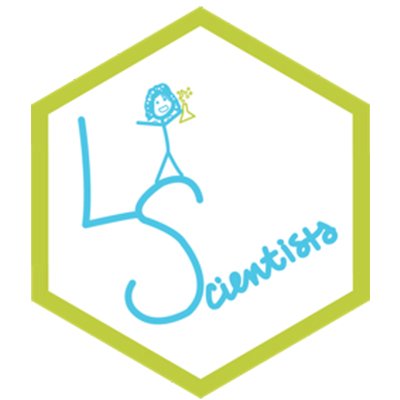We’re all wrong from time to time. We misremember something or we were taught something factually inaccurate to begin with. It happens. As an educator, I have certainly had students that come to my class with some inaccurate beliefs (see neuromyths). When students find out that they’re wrong about something, how often does that sink in? How often do we learn from our mistakes?
While this is a complex question, today I’m going to share a hot-off-the-presses study with you that looked at one aspect of this issue. In this study, the researchers were interested in learning from errors on tests in particular. When a student really thinks they know the answer and then find out that they’re wrong and are given the correct answer, they often learn MORE than if they were just guessing (1). The surprise of finding out that what they thought they knew was wrong is, well, surprising! And so they’re more likely to remember it later. Researchers call this the hypercorrection effect. But it’s unclear whether students are just memorizing the correct answer to a specific question (as opposed to really integrating it) or how long they will remember that correct answer.
This series of studies was designed to answer those two specific questions (2). Students from a university course were given a pre-test covering lots of the concepts that would be covered during the course. On each question they were asked how confident they were that they were right and they were immediately told the correct answer. Afterward, they were given the exact same test again to see if they corrected those confident wrong answers in the way that is typical in hypercorrection effect studies. Sure enough, when students guessed, they were less likely to learn the right answer than if they thought they knew the answer and were wrong (bummer.).

